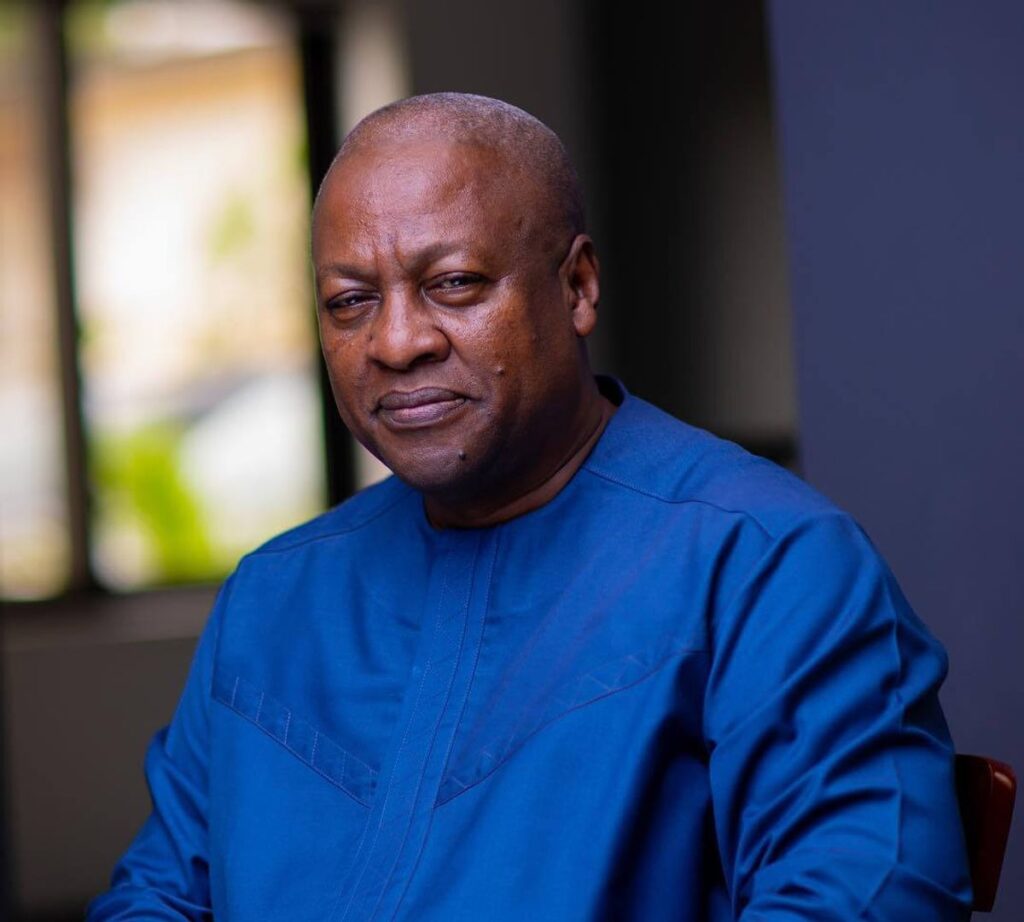By Leo Nelson
As Ghana prepares to shed its International Monetary Fund (IMF) shackles by 2026, President John Dramani Mahama is making a bold declaration: fiscal discipline isn’t a fleeting affair, it’s the nation’s new economic bedrock.
Speaking at the 9th Ghana CEO Summit right here in Accra on Monday, May 26, 2025, Mahama stressed that sound economic management is set to become a long-term national policy, not just a temporary fix.
Ghana’s Economic Tightrope Walk
Ghana embarked on a $3 billion IMF program in 2023, a crucial intervention after a brutal economic crisis. The nation was reeling from crippling debt, runaway inflation, and a rapidly depreciating currency.
The IMF program was designed to restore stability, rebuild investor confidence, and bring debt back to sustainable levels.
Mahama revealed that the government is targeting the completion of the fourth review of the IMF program by June 2025. This milestone is critical, poised to unlock further funding and provide a vital assessment of Ghana’s progress on structural reforms and fiscal consolidation.
Beyond the current program, Mahama indicated Ghana’s intent to engage the IMF under its Policy Support Instrument (PSI).
This non-financial arrangement would be a significant step, allowing Ghana to manage its economy with IMF oversight but without the need for borrowing – a clear signal of returning to independent economic management.
Discipline: A Ghanaian Mandate
Mahama’s message is unequivocal: Ghana is ready to move past its reliance on external financial rescue packages. He emphasized that fiscal discipline shouldn’t be viewed as a condition imposed by outside lenders, but rather as a national imperative for long-term development.
“Afterwards, we will participate in Article IV consultations and adopt the Policy Support Instrument framework, signalling Ghana’s return to responsible, non-borrowing engagement with the Fund,” Mahama affirmed.
This approach resonates deeply with calls from Ghanaian economists and international development partners.
They’ve long advocated for institutionalizing macroeconomic discipline through legislation and independent fiscal oversight, aiming to break the decades-long cycle of economic boom and bust.
Private Sector Welcomes Stability Pledge
The CEO Summit, attended by key players in Ghana’s business and financial sectors, provided a timely platform for Mahama to address the private sector, which has been hit hard by the recent economic downturn.
Many CEOs and entrepreneurs present welcomed the focus on fiscal responsibility, understanding that macroeconomic stability is the foundation for business confidence and investment.
“Ghana’s private sector needs predictability in inflation, exchange rates, and interest rates to make long-term investment decisions. Fiscal discipline from the government is a key pillar,” remarked one participant from the financial services sector.
President Mahama’s call for sustained prudent spending and borrowing practices aligns with the aspirations of both domestic and international stakeholders.
It underscores a fundamental truth: fiscal discipline isn’t a destination, but a continuous journey—one that must persist even after the IMF steps aside.

